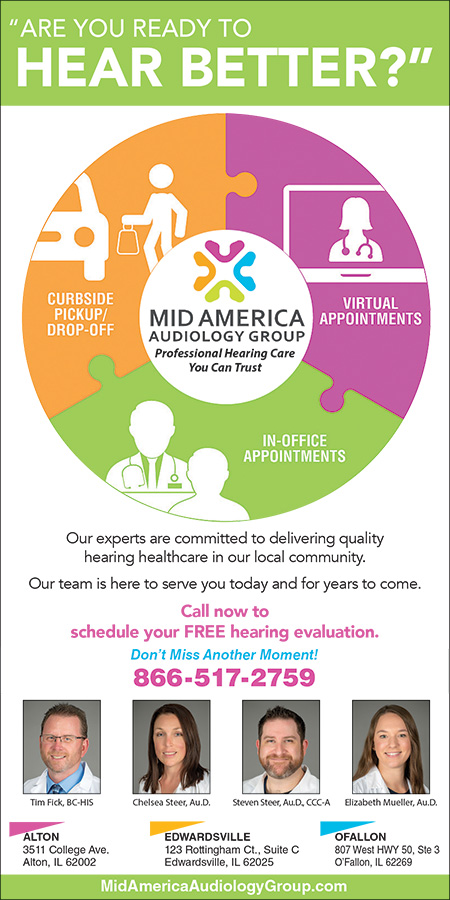
The death of actor Chadwick Boseman, the star of the movie Black Panther and others, at age 43 left his fans, who had no idea he was sick, reeling. Boseman, who was diagnosed with stage three colon cancer in 2016, chose to keep his illness private.
But his death, say experts in an article on Everydayhealth.com, highlights two key issues in oncology that warrant loud and frequent discussion: data that shows that the risk of developing the disease earlier in life is increasing, and racial disparities in colorectal cancer incidence and deaths, with Black Americans being the most vulnerable.
Colorectal cancer is the third most common cancer diagnosed in the United States, following prostate cancer and lung cancer for men and breast cancer and lung cancer for women. Moreover, while colorectal cancer rates have fallen in people over 60 in the United States, they rose by about two percent per year in people ages 40 to 49 from 2012 to 2016, according to data from the American Cancer Society.
In decades past, it was rare to see the disease in people younger than age 50, says Richard Schilsky, MD, chief medical officer of the American Society of Clinical Oncology. Now, 12 percent of colorectal cancer deaths occur in people under age 50, according to the American Cancer Society. The patient population has changed.
CHECK FAMILY HISTORY
Since the mid-1980s, colon cancer rates have increased by about one to two percent per year in adults ages 20 to 39, and by about 0.5 to one percent per year in adults ages 40 to 54, according to a study published in February 2017 in the Journal of the National Cancer Institute.
Rectal cancer rates are increasing even faster in people under age 50, according to the study, rising about three percent per year from 1974 to 2013 in adults under age 40. The reason for the uptick is unclear. Major risk factors for colorectal cancer include obesity, sedentary lifestyle, certain types of diet (such as those high in red meat), smoking, heavy alcohol use, a history of colorectal polyps, and certain genetic mutations.
“We know the types of cancers that are increasing — on the left side of the colon, the rectum, and at the end of the colon,” says one researcher. “Those tumors are more associated with dietary changes. We know there is a connection, but it’s not fair to say there is a direct line between this behavior and this type of cancer.”
Younger colorectal cancer patients are also more likely to be diagnosed at a more advanced stage, which contributes to higher death rates in that age group.
Younger patients are not expecting the possibility of cancer and may dismiss the symptoms, the researcher says. “We need education to make sure people understand this is real — colon cancer happens to young adults. If someone has signs, if they are worried about pain, changes in bowel habits, and blood in the stool, they should seek medical guidance.”
Physicians, too need to more seriously consider the potential for cancer in younger people with bowel, complaints. For many doctors colorectal cancer is still not top of mind when they see a younger person complaining of bowel-related symptoms.
Many cases of colorectal cancer in people between ages 40 and 49 could be detected earlier if physicians and patients followed screening guidelines that emphasize a family history of the disease, according to new research. The study was published online April 20, 2020, in the journal Cancer.
SCREENING CAN PREVENT CANCER
Colorectal cancer screening not only detects cancer, it can help prevent it because precancerous polyps found during colonoscopy can be removed before they become cancerous.
The startling rise in colorectal cancer incidence in younger adults has led some medical organizations to endorse earlier colorectal screening. In the past, most groups recommended starting screening at age 50 for people at average risk. However, the American Cancer Society now recommends people at average risk begin screening at age 45.
The U.S. Preventive Services Task Force (USPSTF) recommends regular screening beginning at age 50 for people at average risk, and earlier if a close relative has had colorectal polyps or colorectal cancer.


